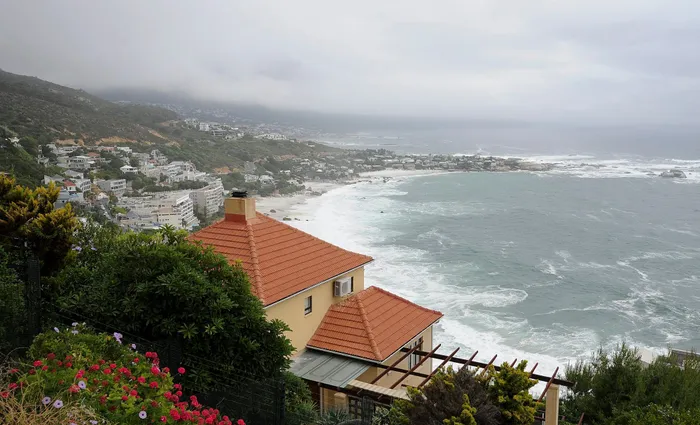Post-greylist: A surge in foreign investment in South African real estate?

Renewed investor confidence sparked by the delisting would spill over into the housing market, particularly from abroad.
Image: Leon Lestrade | Independent Newspapers.
South Africa’s exit from the Financial Action Task Force (FATF) greylist is expected to reignite foreign interest in local property, giving a much-needed boost to the moribund economy.
Berry Everitt, CEO of the Chas Everitt International property group, said the FATF decision was “strongly positive for the economy as a whole and will also add impetus to housing demand and the recovery of the real estate sector”.
South Africa’s economy grew at 0.8% in the second quarter, with full year gains pegged at around 1%.
The Chairperson of the Standing Committee on Appropriations, Dr Mmusi Maimane, welcomed the move as a strong vote of confidence in the country’s ability to combat money laundering and other illicit financial crimes.
Maimane said it would boost investor confidence and improve South Africa’s economic outlook, noting that some foreign investments had been restricted during the greylisting period.
South Africa was placed on the FATF greylist in February 2023 after deficiencies were found in the country’s anti-money laundering and counter-terror financing systems. Since then, government has worked to tighten regulations and oversight across sectors.
Everitt said renewed investor confidence sparked by the delisting would spill over into the housing market, particularly from abroad.
Turning specifically to foreign purchasing of South African real estate, the delisting will result in international buyers seeing South Africa as a lower risk jurisdiction, Everitt said.
The move will also improve the attractiveness of investment in local residential as well as commercial properties, which continue to offer exceptional value in global terms, he said.
Data shows that foreign property buying has been subdued in recent years.
Global Property Guide said in June that “given South Africa's economic stagnation, aggravated by the COVID-19 pandemic and the global economic and geopolitical uncertainty, it is maybe not surprising that home-buying by foreigners has declined in recent years”.
This is despite property in South Africa now being dramatically less expensive for foreign buyers than a decade ago.
Most foreign owners are based in Europe – particularly the UK, Germany, Italy, the Netherlands and France – while others come from Mozambique, Zimbabwe, Angola, Cameroon and Nigeria.
There is also growing interest from China and Dubai, especially in the KwaZulu-Natal coastal region, according to Craig Hutchison, chief executive of Engel & Völkers Southern Africa.
Everitt noted that “international real estate transactions often involve cross-border capital, finance vehicles, trusts, and special purpose vehicles”.
The delisting should reduce the costs of anti-money laundering and combating financing of terrorist compliance while also improving access to finance, said Everitt.
National Treasury said in a statement that the delisting was a “major policy and institutional achievement for the people of South Africa, particularly following the weakening of key law enforcement and other institutions during the state capture era”.
“Local developers planning large projects such as new lifestyle estate should now also find it easier to structure investment and foreign capital inflows, and hopefully also reduce the ‘country premium’ or risk-adjusted cost of capital,” said Everitt.
However, Everitt warned that FATF would continue monitoring South Africa to ensure it maintains progress.
“As a member of the Leading Real Estate Companies of the World network, which spans more than 70 countries, we are acutely aware that real estate remains a high-risk sector globally for money laundering, since it is a high-value physical asset and often involves opaque ownership,” he said.
Everitt added that “the FATF will be watching South Africa to see if it can sustain the improvements made over the past two years, and we all need to do our best to ensure that we don’t go back on the ‘grey list’, or we will all once again pay the price.”
South Africa will again come under scrutiny in the middle of next year.
IOL Business